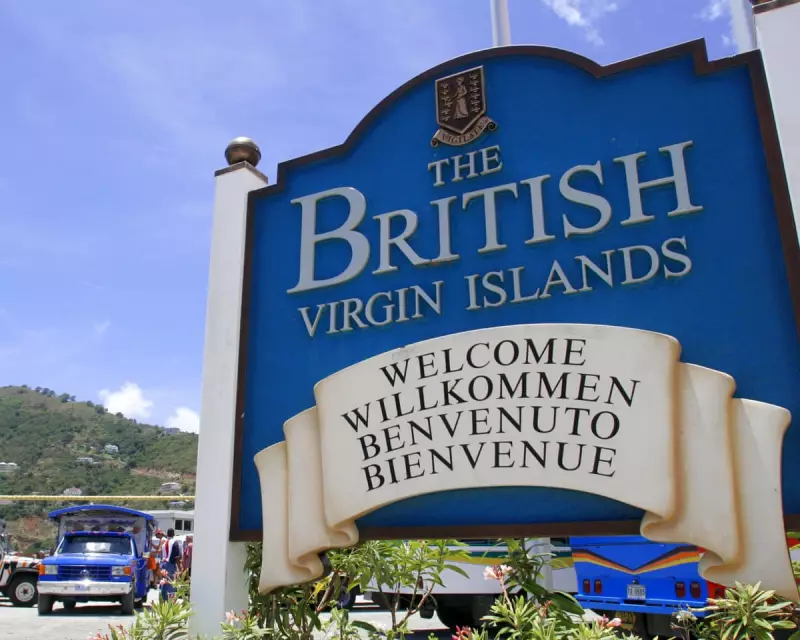
The UK government faces accusations of surrendering to pressure from the British Virgin Islands (BVI) over access to a crucial register of company share ownership, a move that threatens to undermine the fight against financial crime.
A Retreat from Transparency
Foreign Office ministers are meeting with leaders of British Overseas Territories (BOTs) in London this week for a Joint Ministerial Council. A central point of discussion is the BVI's plan to restrict access to its register of beneficial share ownership to only those deemed to have a legitimate interest. This directly defies legislation passed by the UK government in 2008, which intended to make such registers publicly available to all.
Public registers that reveal who truly owns and profits from companies are widely considered the gold standard for exposing corruption and tax evasion in offshore financial centres. The BVI's proposed restrictions represent significant backsliding on previous commitments.
The Last Chance for Action
An all-party parliamentary group, led by Phil Brickell, chair of the group on anti-corruption and responsible tax, has written to ministers. The letter warns that this week's council represents the last chance to get the overseas territories in order before the UK hosts the high-profile Global Illicit Finance Summit next year.
This summit was announced by the previous foreign secretary, David Lammy, and is central to the government's vision of making the UK the anti-corruption capital of the world. Brickell stated, "This has gone on for long enough. Time and time again promises have been broken and Britain’s reputation as a clean and fair place to do business has been dragged through the mud."
He further emphasised that territories blocking transparency are "letting the rest of the British family down." The government's own anti-corruption champion, Margaret Hodge, who was instrumental in passing the original laws, visited the BVI in September hoping for an agreement on registers at this meeting.
Broken Promises and Opaque Rules
At the last council meeting in 2024, all BOTs that had not already done so agreed to design and implement open corporate registers by June 2025. This was already an extension from the UK's original deadline of December 2023, which itself gave the territories more than five years to comply since the initial 2008 legislation.
The BVI's definition of legitimate interest includes those investigating money laundering or terrorist financing. However, it crucially allows the registrar to deny access if it believes it is in the public interest of the BVI to do so. Furthermore, the company in question would be notified of any access request, potentially tipping off the subjects of an investigation.
Transparency International has criticised these rules, noting that legitimate interest users would only see a subset of data, likely revealing nominee shareholders rather than the hidden true beneficiaries. This comes as the Financial Action Task Force (FATF) grey-listed the BVI in June 2025, specifically citing its lack of transparency around beneficial ownership. With an estimated 12 companies registered for every individual BVI citizen, the scale of the potential opacity is vast.





